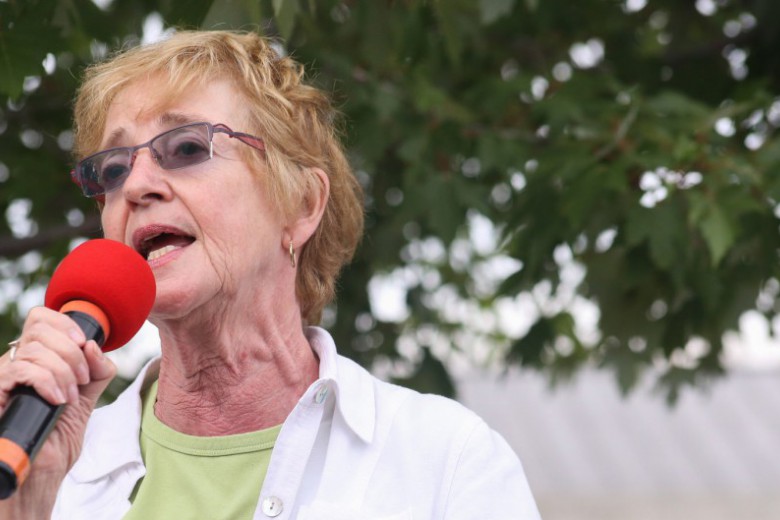
In the final days of Quebec’s 2012 election campaign, many journalists and federalist politicians warned Canadians of the dangers of a Parti Québécois victory.
Progressive movements across Canada have a lot to learn about what is made possible when the question of independence is raised.
Quebec has some of the strongest social programs in Canada. Most obvious is the free system of colleges, called CEGEPs, created in 1967. It’s at CEGEP where many students are first introduced to radical political organizing. Collectively, CEGEP students were the engine of the Quebec student strike in 2012.
Add to free college education the fact that public daycare costs $7 per day and that university tuition fees are the second lowest in Canada, and you have a recipe for a more fair and equal society.
When imagining how to create a more just society, the struggle for independence creates political openings and organizing spaces that do not exist elsewhere in Canada. The possibilities for widespread social transformation are far greater when the question of the federal arrangement is off the table.
Progressive social movements in Quebec imagine a more democratic and participatory system premised on options that don’t need to fit within the federalist context. It is mainstream in progressive social movements in Quebec to imagine a state that isn’t bound by, or stymied by, the complexities of federalism.
Canadian progressive social movements can learn a lot from this approach. Fighting for social policies that circumvent the federal government entirely leads to possibilities for stronger, more local, and more responsive public services.
Progressive Canadians should unequivocally support the right to self-determination for First Nations communities and for Quebec. But Canadians should fight for their own self-determination too.
Canada is a nation that was founded on structures that continue to oppress and subjugate people, and our existing rights are being dangerously eroded. In this context, shouldn’t all people be fighting for more autonomy and real self-determination?
Reimagining Confederation may be our only hope of stopping some of the most damaging environmental, social, and economic threats that we face.
Does it make any sense that in faraway Ottawa our collective fates are decided? Why shouldn’t the people most affected by the environmental consequences of uranium mining, oil extraction, or pipeline construction make the decisions?
Recreating or strengthening self-governance structures is one way to undo the damage and rebuild communities.
The lie that the Canadian government is reflective of the will of the population quells calls for a new arrangement of governance and organization. But if activists could start fighting for an organizational relationship free from the current federal and provincial structures, imagine what could be made possible. We could build effective and progressive education, health, or public transit systems responsive to our needs. In this context, none of these ideas could ever be refused funding to instead support a foreign war or tax cuts for the rich.
When the rich man is our neighbour and relies on the solidarity and health of his community, even he may vote differently.
Drumming up fears about separation is a tactic that is meant to obscure a more fundamental debate about our relationships with each other, be it locally, provincially, or nationally.
Don’t be fooled by the rhetoric. Quebec’s struggle for self-determination, though far from perfect, offers all Canadians insight into a realm of possibility that many movements have never dreamed of.


_780_520_90_s_c1.jpg)



